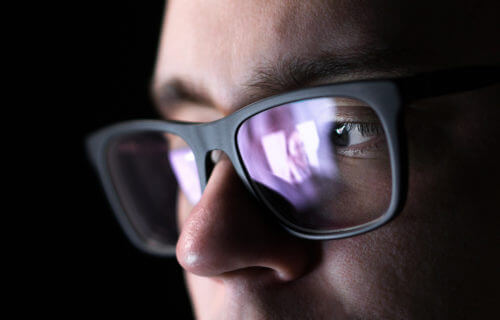POCATELLO, Idaho — People prone to boredom are more likely to turn into celebrity stalkers, a new study explains. The U.S. research team, who set out to distinguish the differences between superfans and stalkers, also noticed individuals were less likely to stalk their favorite celeb if their admiration for that person was based entirely on their ability to entertain.
Another factor likely to differentiate an obsessive stalker from a doting fan is if the admirer feels compelled to learn more about their preferred celebrity. The groundbreaking study from a team of professors surveyed around 600 university students in the United States and offers new insights into factors associated with a tendency to engage in stalking behavior.
Celebrities across the globe are consistently deal with obsessive fans who follow, intimidate, or even threaten to harm them. The study’s lead author, Dr. Maria Wong, an experimental psychology professor at Idaho State University, explains that she has been interested in observing why people become fans of celebrities in the first place, and the difference between those who stalk and those who are merely avid fans.
To this end, Dr. Wong and her team presented a series of questionnaires to 596 American students studying at universities across America. Prior studies have used some of these questionnaires to measure people’s attitudes and behavior towards celebrities — including stalking behaviors.
Other questionnaires, however, focused on factors hypothesized to have an association with celebrity stalking — such as anger, thrill-seeking, and relationship attachment styles. The students’ responses revealed certain factors associated with a person being more likely to engage in celebrity stalking.

Does your attachment style create stalking tendencies?
Respondents who had “frequent personal thoughts” about their favorite celebrity, felt driven to learn more about them, persistently pursued them, or threatened to harm them were more likely to engage in celebrity stalking. The study, published in the open-access journal PLOS ONE, interestingly shows that those prone to boredom were also more likely to become celebrity stalkers.
However, thrill-seeking, anger, and relationship attachment styles all had no connection with a higher likelihood of being a stalker. Those whose admiration of their favorite celebs was based purely on that famous person’s ability to entertain them were also less likely to become stalkers.
Dr. Wong says what’s surprising about the results is how boredom leads to a greater likelihood of stalking.”My colleagues and I want to understand what individual characteristics best predict celebrity stalking,” the study author says in a media release. “We measured 12 different individual characteristics and compared their ability to predict celebrity stalking. Past research did not do such a comparison.
“Individuals who think about their favorite celebrity frequently, feel compelled to learn more about them, pursue them consistently, threaten to harm them and are prone to boredom are more likely to engage in celebrity stalking. Individuals who admire their favorite celebrity almost exclusively because of their ability to entertain are less likely to engage in celebrity stalking,” the researcher continues.
“What most surprised me about the findings was the fact that those who are prone to boredom are more likely to engage in celebrity stalking.”
Actors Brad Pitt, Keira Knightly, Jennifer Aniston, Gwyneth Paltrow and Leonardo DiCaprio have all had experiences with personal stalkers; as have musicians Bob Dylan, Rihanna, Beyonce, Taylor Swift, Lily Allen, and Lana Del Rey.
The research team hopes to improve upon their research in the future by investigating behaviors linked to celebrity stalking in different racial groups, ethnicities, and nationalities.
South Westt News Service writer James Gamble contributed to this report.

